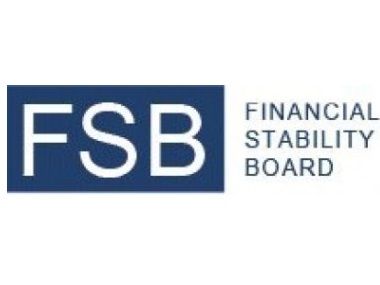Legal barriers to reporting transaction data in the US$493trn over-the-counter derivatives market remain widespread while authorities’ access to data held by trade repositories is still hindered in the majority of jurisdictions, the Financial Stability Board warned in a report published on Friday.
The FSB said that almost seven years after global leaders signed the G20 agreement, most jurisdictions have made substantial reforms to their regulatory regimes to meet the commitment that OTC swaps should be reported to trade repositories. But the regulatory body said that more work was needed in removing legal barriers that currently hinder complete reporting of data and access to repository information by authorities.
“Authorities have raised concerns that restrictions on reporting complete data limit the usefulness of TR-held data to authorities in carrying out their regulatory mandates, including monitoring and analysing systemic risk and market activity,” the FSB said in its report.
The peer review report found that more than half of the FSB’s 24-member jurisdictions needed to address issues for reporting swaps transactions to trade repositories under domestic requirements, while 16 jurisdictions had barriers in place or lacked information when reporting trades in accordance with foreign requirements.
In the 16 jurisdictions with barriers to reporting in accordance with foreign requirements, 12 related to data protection or client confidentiality requirements that could be overcome with client consent. Four of those jurisdictions reported action already underway to address that requirement while another four are considering action.
Currently, eight jurisdictions - Argentina, Hong Kong, India, Indonesia, Korea, Mexico, Russia and Saudi Arabia - do not permit reporting to foreign repositories under domestic reporting requirements in at least some circumstances, primarily requiring client consent. Others lacked clarity on overseas reporting or did not have domestic requirements in place.
The FSB also noted concern from authorities relating to barriers that hindered their access to TR-held data, with very few effective arrangements in place for cross-border access by foreign authorities to TR-held data.
“Complete and timely access to this data is intended to be a key resource for authorities in fulfilling their respective mandates,” said the FSB.
Five jurisdictions were identified as permitting “masking” of counterparty information in trade reports. Australia, Canada, Singapore and the US confirmed that current masking relief would expire before the end of 2018; Hong Kong authorities noted plans to discontinue the practice, but timing is subject to the necessary legislative procedure.
The FSB reiterated its requirement for all jurisdictions to have a legal framework in place by June 2018 at the latest, permitting access to data held in a domestic repository by domestic and foreign authorities. It warned that jurisdictions should also take steps to establish cooperative arrangements that support authorities’ access to TR-held data. Jurisdictions will be required to report their progress and show concrete steps taken to address any barriers during 2017.
Addressing the existing legal barriers is deemed crucial for the development of a global aggregation mechanism for trade repository data that is currently being considered by the FSB.
“If the FSB decides to move forward with the development of such a global aggregation mechanism, authorities would also need to study in more detail and address the specific legal and regulatory changes needed and the appropriate governance structure for such a mechanism as well as consider the modalities for participation,” it said.
